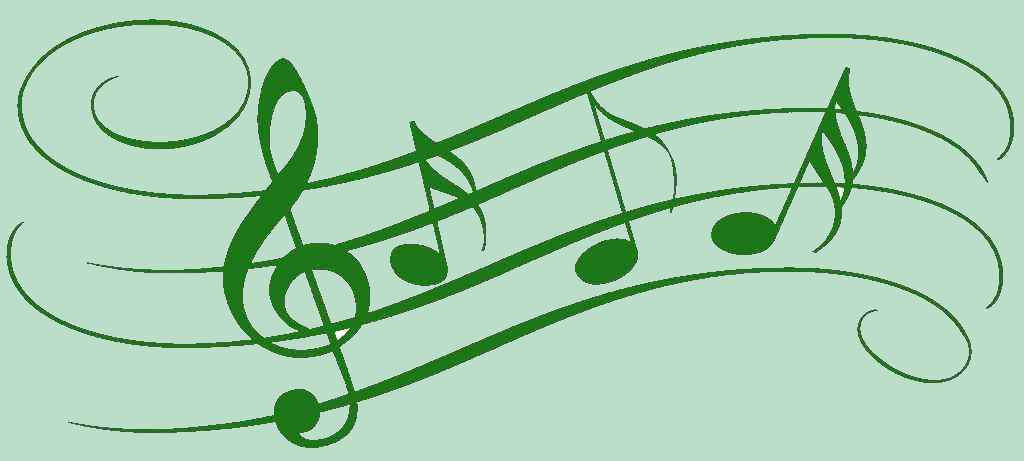
HOME PAGE
AUDIO CLIP LINKS
(listed below)
The Knock on the Door
(This page)


The Knock on the Door
(This page)


The Knock on the Door
(This page)

DETAILS AND TEXTS.
The Knock on the Door (Conscientious
Objectors):
Composer's note: Perhaps one of the few good
things to come out of the conflict was the recognition
in law of conscientious objection. Britain was the only
country to recognise 'exemption on grounds of
conscience', in the Military Service Act of 1916. I
wanted to let the words stand clear of the
instrumentation here, so I have used a reduced
orchestration, mainly strings and French Horn. The
texts used span more than 350 years of debate over
pacifism, conscription and war, from the 1661 Quaker
Peace Testimony, to the 1915 No Conscription Fellowship
Manifesto, to the 2016 reflections of a contemporary
Quaker, David Boulton (from whose words the title of
this section is drawn12) on the centenary of
the first Military Service Act. They also draw on three
voices from the public and parliamentary debate which
preceded the Act: pro-conscription military writer Dr H
Miller ('By George, I'd have [universal] military
training in heaven!'), House of Lords member Richard
Verney, lord Willoughby de Broke (conscription for
'gentlemen' only, as an example to the lower classes)
and Independent Labour Party MP Keir Hardie:
'Conscription is the badge of the slave' 13
Texts:
The knock on the door
All bloody practices we do utterly deny
and all outward wars and strife
and fighting with outward weapons for any end
or under any pretence [12]
Conscription or not
'By George! I'd have military training in
Heaven!'
'Conscription just for the upper classes
as an example to the lower classes.'
'Conscription is the badge of the slave.'
[13]
We deny the right of any government
to make a bounden duty the slaughter of our
fellows.
Enlist or desert
Exemption on grounds of conscience
Every man who is single must register to enlist
or become a deserter
That knock on the door, that knock on the door
that brings the great decision
I've made the great decision.
All bloody practices we do utterly deny
All outward wars and strife
and fighting with outward weapons for any end.
This is our testimony to the whole world.
REFERENCES:
12 The 1661 Quaker Peace Testimony, quoted
in 2 March 1916: D-day for conscientious
objectors by David Boulton (2016) in the
Friend, Vol 174, no. 9, p. 5. (Special Issue, 26
February 2016). The title of this section is from the
same article: 'None would ever forget that knock on the
door, on or after 2 March 1916.' Used by kind
permission of the author.
13 All from The politics of conscription
and conscience by David Boulton (2016) in the
Friend, Vol 174, no. 9, p. 8. (Special Issue, 26
February 2016).

© Emily Feldberg 2017-2018.